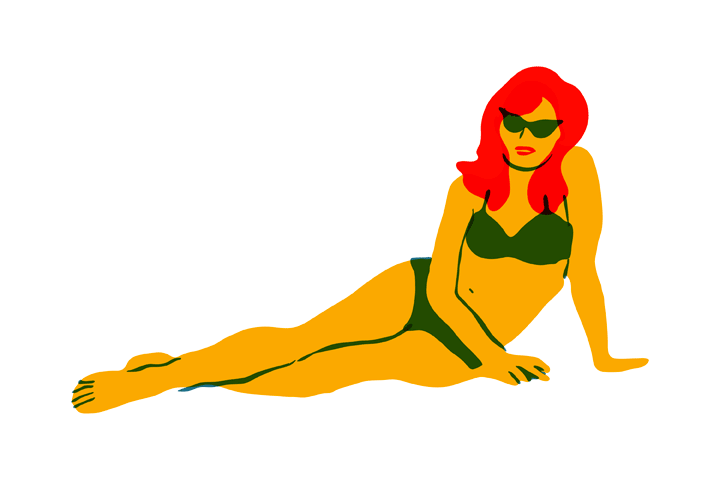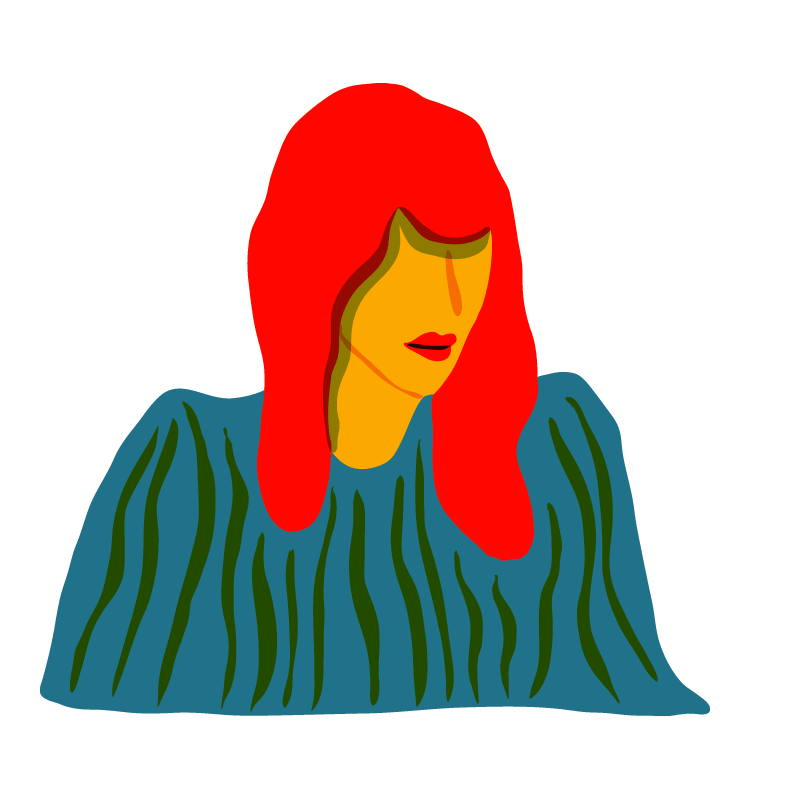
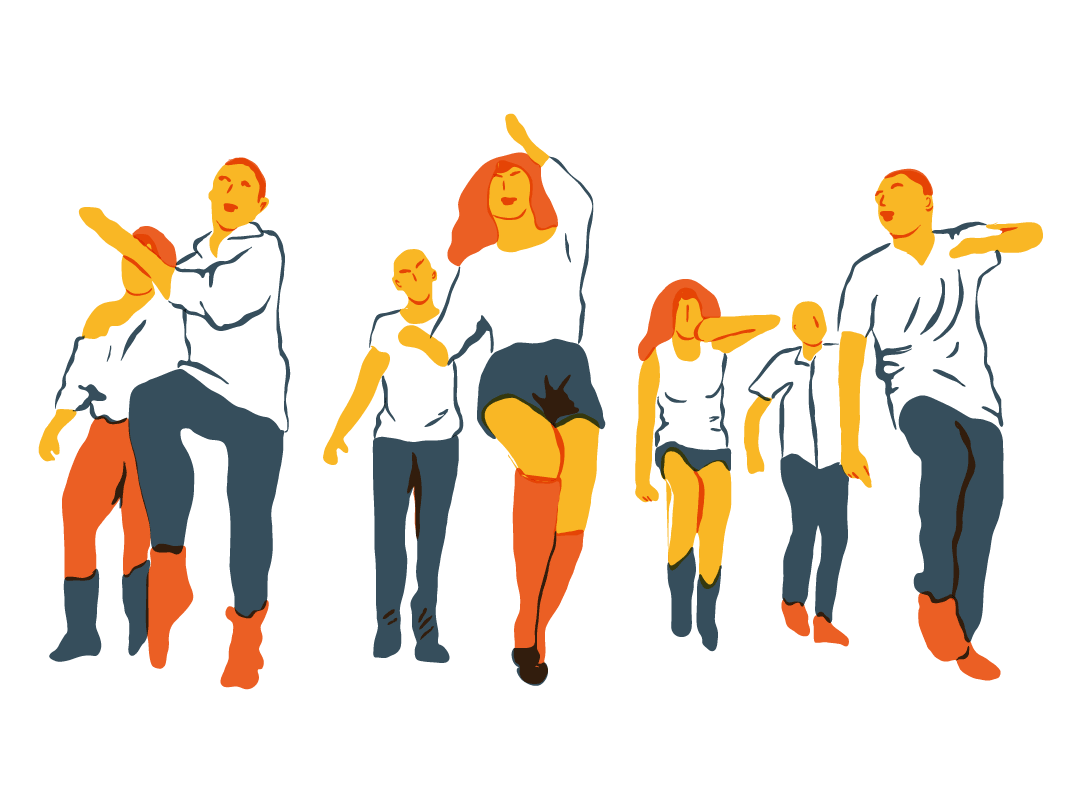
The women in Aurélie Garnier’s GIFs don’t care what you think. They swish their red hair and swing their hips to their own beat.

“These women are my flaming alter ego,” the French illustrator says. “The ones who are never afraid to be spicy, sexy, bitchy women; the ones who never run away from their desires and aspirations. They do what I don't dare, they say what I think and they live what I dream.”
Aurélie has a motto: “dance first, think after.” As her morning ritual, the first thing she does when she wakes up is tune into NTS radio and bop to the rhythm. “I see it like a trance in which I am totally myself — free from judgement, just in the raw and wild pleasure of being alive.” She dances to put her jumbled morning thoughts and fresh dreams into order, or she dances in a frenzy when there’s something on her mind that’s worrying her.
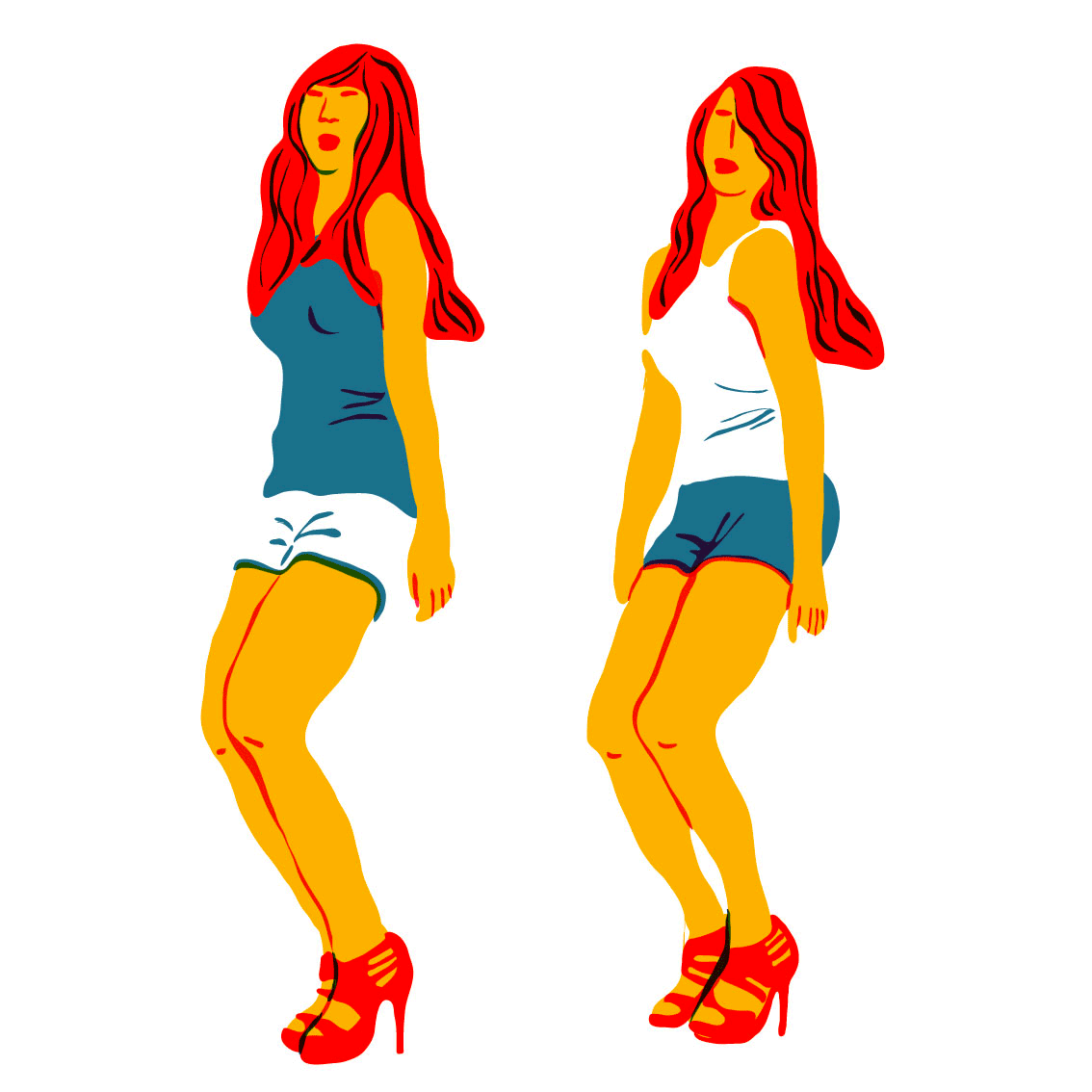
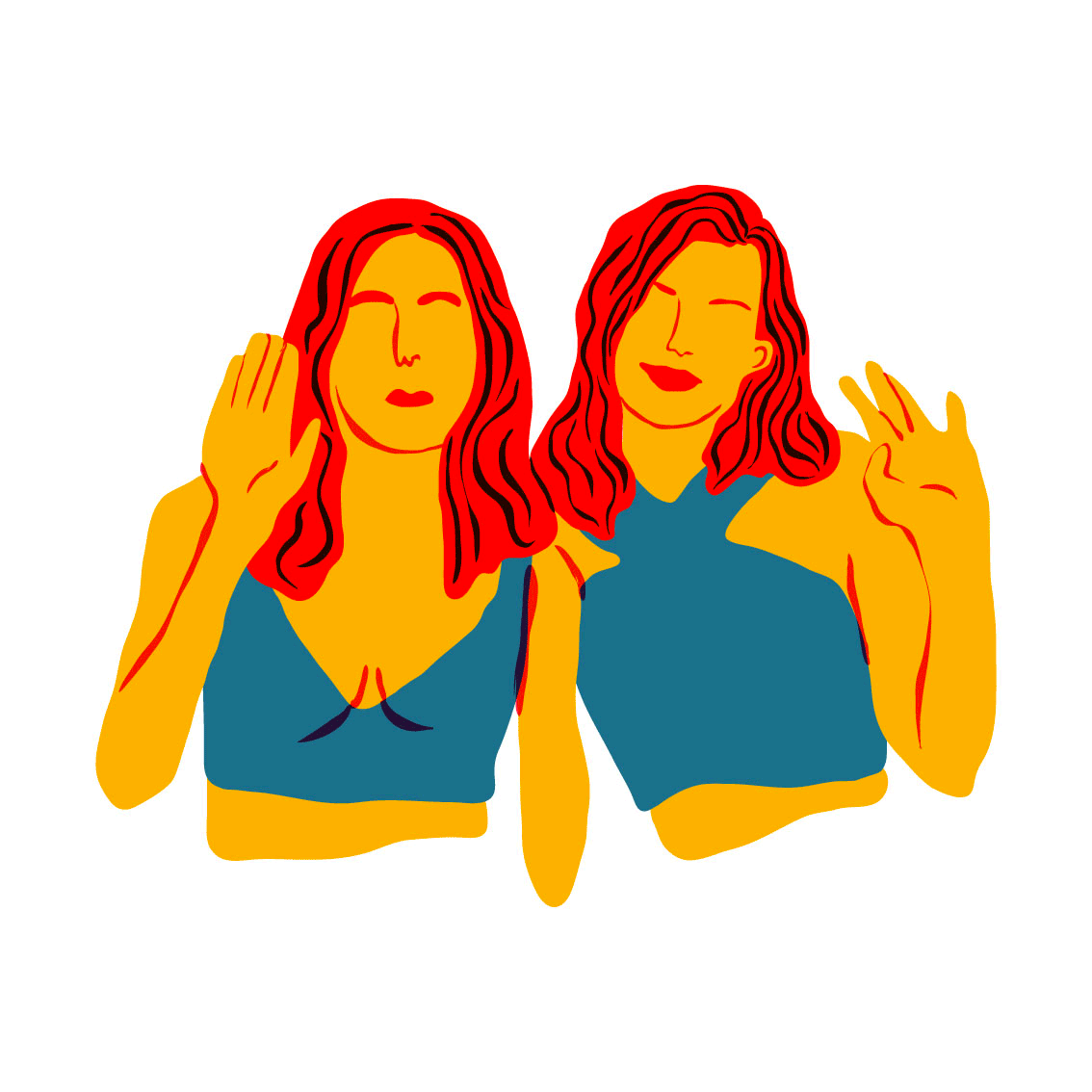
Naturally, dancing has made its way into her portfolio. To get the full effect of Aurélie’s GIFs try streaming some trap or hip-hop — it’s what she listens to 95% of the time. “It gives me energy and guts,” she says. The swagger filters into the characters’ motions, shimmying in their underwear or breaking it down in a girl gang.
They do what I don’t dare, they say what I think and they live what I dream.
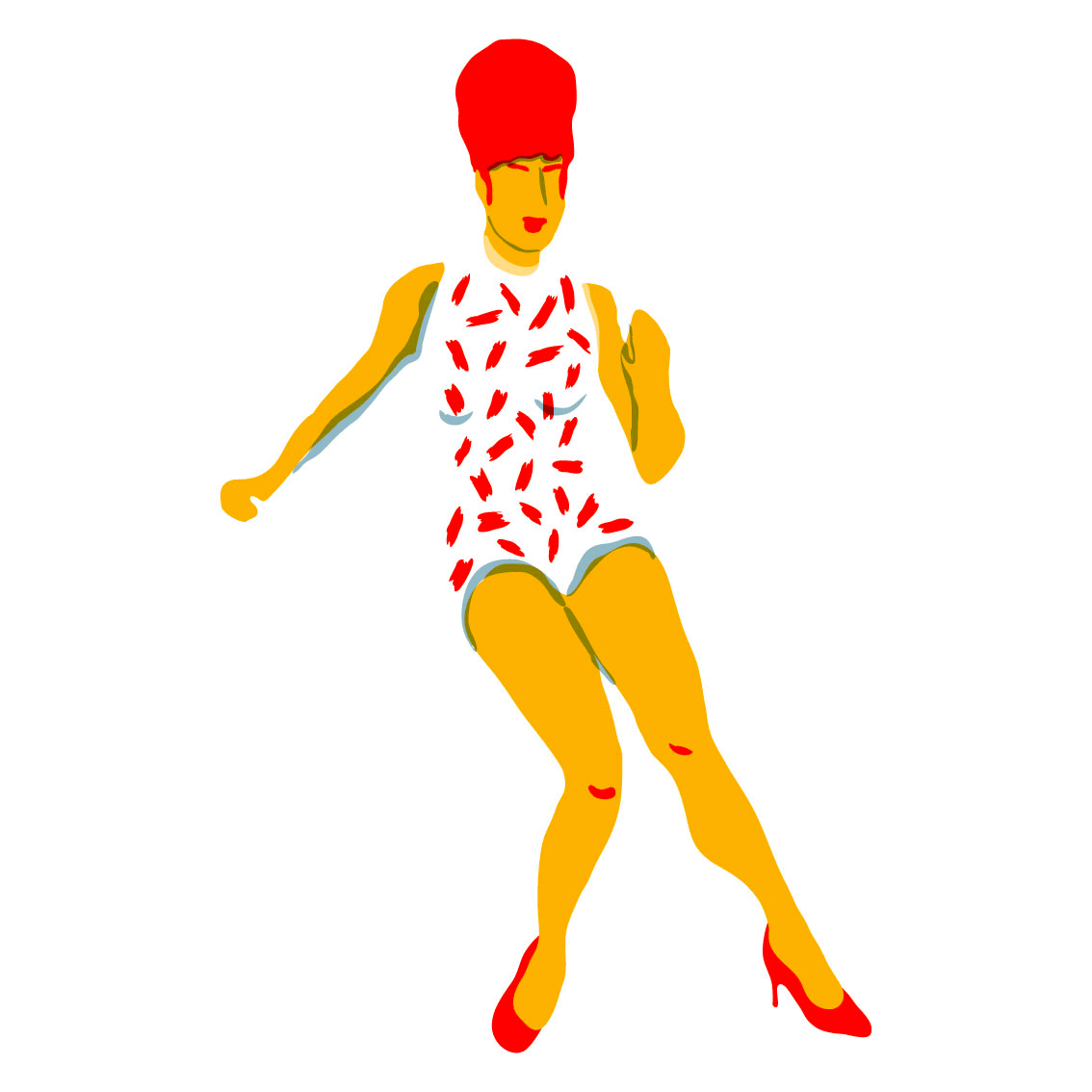
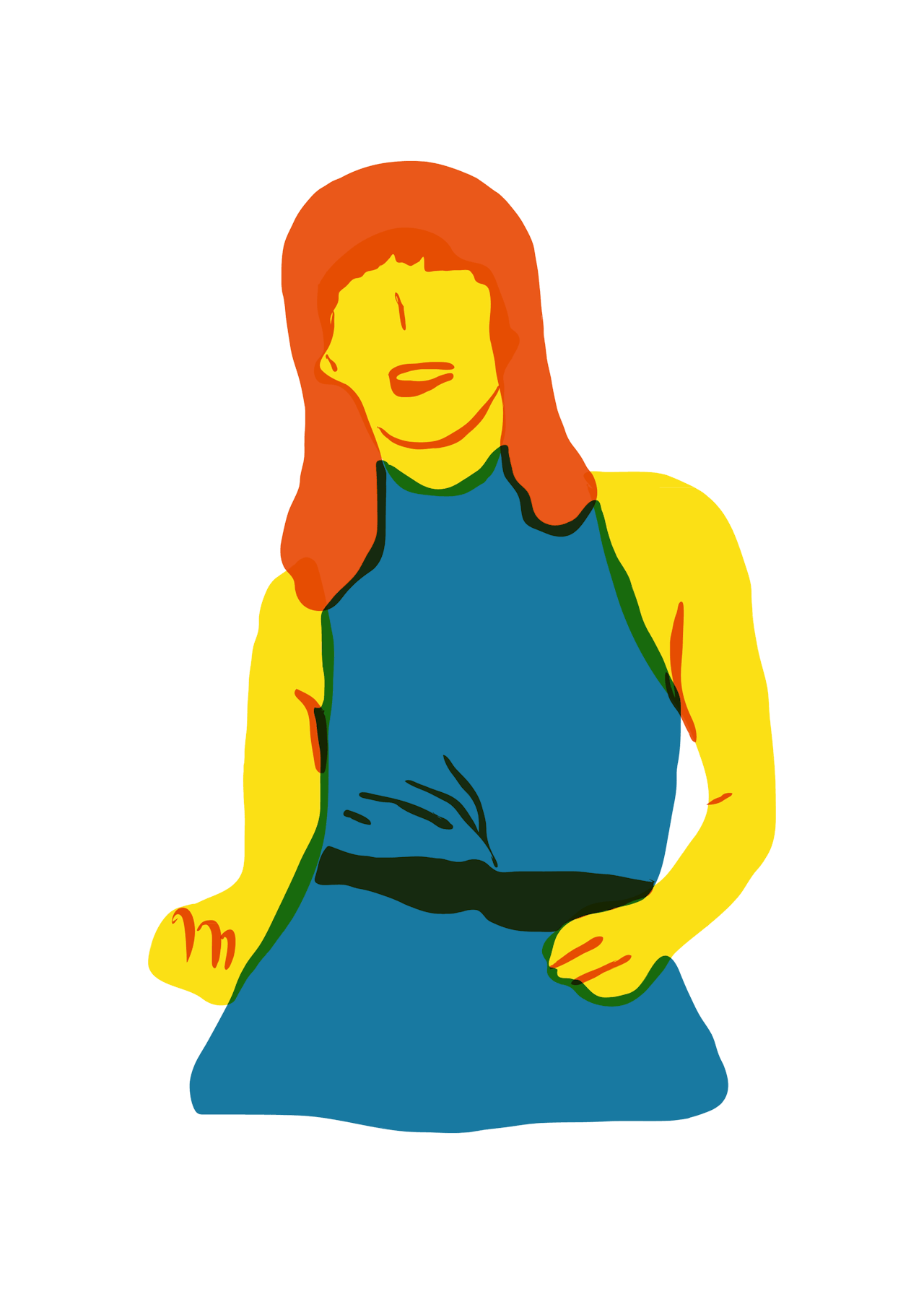
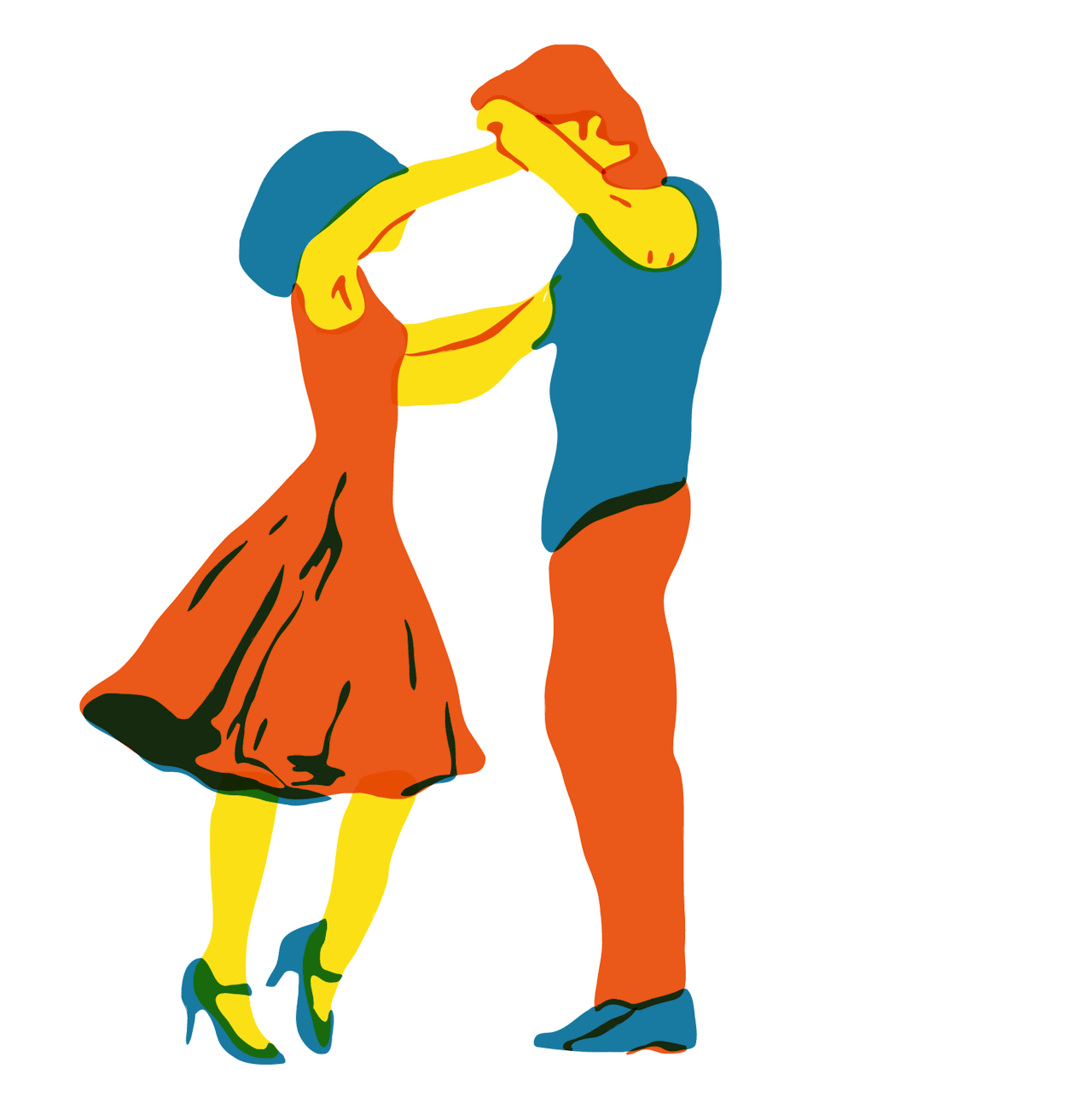
The first thing Aurélie notices about a person is how they move. She’s interested in the little gestures people make, like the way a woman lights her cigarette or how a man brushes away a wayward lock of hair. “I like to capture people's eyes too, and the instances of concentration, of flutter, of emotion,” she says. These moments make her feel an intimacy with random strangers.
“Voice is really important too, linked to someone’s body. It's a ping pong between sight and hearing,” she adds. Her illustrations begin with overhearing a sentence on the street or in a cafe which catches her ear because it’s funny, out of context, or off the wall. She notes the phrases down in a notebook and revisits them after a few weeks. “I tell a new story from these old words.”

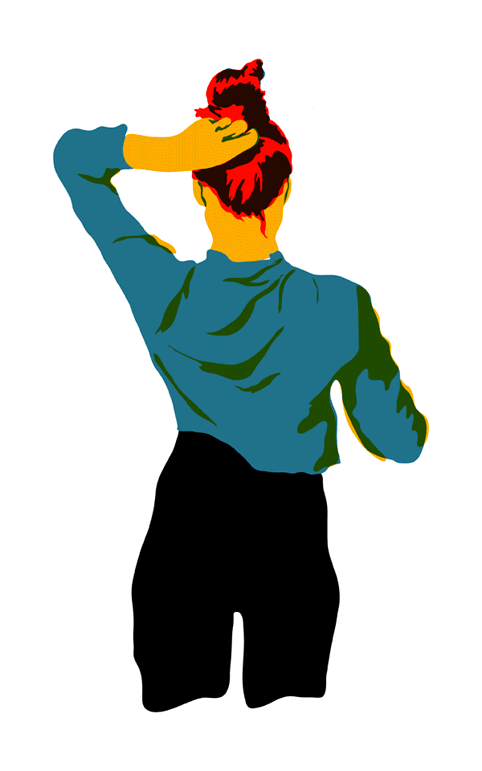
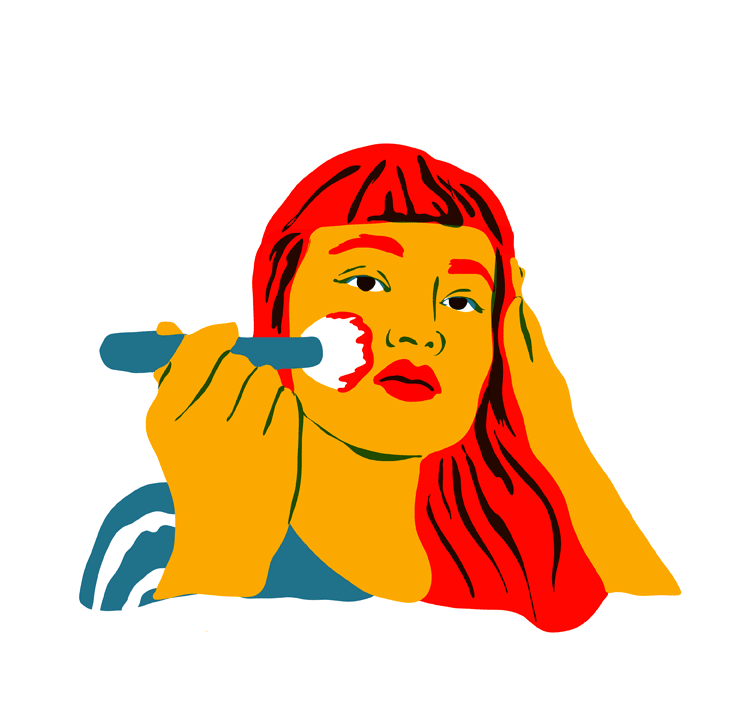
Being a woman, Aurélie finds it easier to express herself through illustrating other women. “My favorite topics are not original: love, sex, boredom. But I can’t pretend to know how a man considers these themes, apart from the conversations that I have with friends of the opposite sex,” she says. “There will always be a filter between the deep truth and what they say.”
And so, female bonds, like friendships or families, feature strongly in her works. “Having ‘sisters’ gives me strength and gets me out of isolation,” Aurélie says. “That's why I love women in bands, in families — each with different temperaments and characters but demonstrating solidarity. To have a female friend’s vision of a situation, in my opinion, has the function of completing mine.”
Words by Alix-Rose Cowie.
